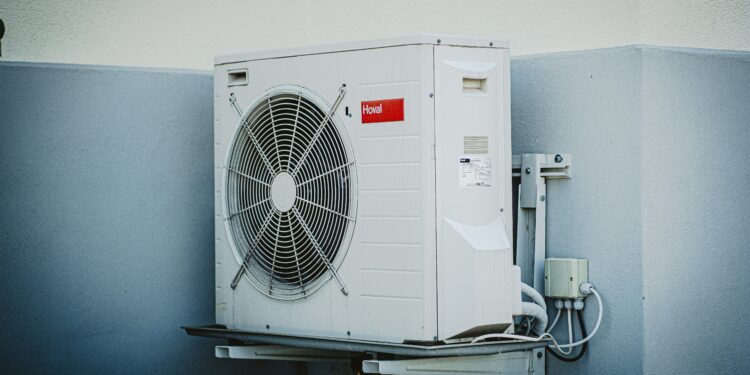The Biden administration’s groundbreaking approach to expand Medicaid into the realm of social services is truly a first-in-the-nation experiment that aims to improve the overall health and well-being of individuals, aligning with healthcare policy and innovations in healthcare. Health and Human Services Secretary Xavier Becerra emphasized the importance of addressing issues like climate change as a healthcare issue, indicating a shift towards a more holistic approach to healthcare, which reflects modern medicine practices.
The Biden administration’s strategy to expand Medicaid beyond traditional medical care and into social services is a groundbreaking initiative that is being tested in Oregon, showcasing innovative healthcare system management. Health and Human Services Secretary Xavier Becerra believes that addressing issues like climate change is essential for improving overall health outcomes. However, there is concern about the potential for abuse when government funds are used for services that are in high demand, prompting careful considerations in healthcare insurance policies.
Despite this, many states are already utilizing Medicaid funds for social services such as housing assistance for the homeless and providing healthy meals for those with chronic conditions like diabetes, demonstrating adaptability within healthcare policy. Oregon’s innovative approach to use Medicaid funds for climate-related equipment to assist vulnerable residents sets a precedent for other states to follow suit. This initiative has the potential to not only improve the health and well-being of Medicaid enrollees but also to address broader societal challenges like climate change.
Scientists and public health officials say climate change poses a growing health risk. The federal government’s latest climate assessment projects that more frequent and intense floods, droughts, wildfires, extreme temperatures and storms will cause more deaths, cardiovascular disease from poor air quality and other problems.
The mounting health effects disproportionately hit low-income Americans and people of color, who are often covered by Medicaid, the state-federal health insurance program for low-income people.
Most of the 102 Oregonians who died during a deadly heat dome that settled over the Pacific Northwest in 2021 “were elderly, isolated and living with low incomes,” a report by the Oregon Health Authority found.
Eligibility for air conditioner provision under federal guidelines requires recipients to be navigating pivotal life transitions. These rigorous criteria often exclude the majority of applicants. For instance, individuals who are susceptible to exacerbating medical conditions during extreme heat events, and simultaneously face risks such as potential homelessness or recent release from incarceration within the past year, may qualify for assistance. However, those in stable housing situations generally do not meet the eligibility requirements.
















